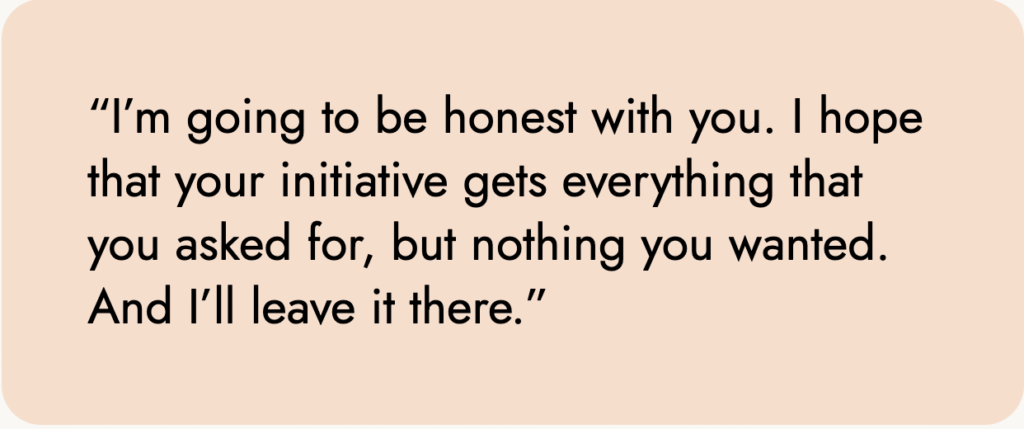Pirate Software shares a cryptic reaction to the Stop Killing Games campaign after it crosses 1 million signatures, sparking debate in the gaming world.
The Digital Game Debate Heats Up
The movement to preserve digital game ownership has reached a boiling point. The Stop Killing Games campaign recently crossed the milestone of one million signatures, reflecting a loud and growing concern among gamers worldwide. At its core, the campaign pushes back against publishers who shut down online titles and enforce restrictive digital rights management (DRM) policies, which can render purchased games unplayable.
As support surges, one response stood out—Pirate Software, an independent game developer known for its blunt and honest communication style, addressed the campaign with a statement that quickly caught attention across social media and gaming communities.
Pirate Software’s Statement: A Cryptic Yet Powerful Take
Pirate Software’s exact words were:

This comment left many readers puzzled. While at first glance it appears supportive, the layered meaning has sparked deeper conversations. The phrase suggests the developer wishes the campaign to achieve its explicit goals—but implies that the actual outcomes might not bring the satisfaction supporters expect. It’s a reminder that intentions and results don’t always align, especially in complex matters like digital ownership.
Why This Matters
Digital gaming is evolving fast, but not without friction. Many players have faced the disappointment of losing access to games they’ve purchased, often due to server shutdowns or licensing issues. The Stop Killing Games initiative aims to halt that trend, advocating for the right to own and access games even after official support ends.
What Pirate Software highlights is the possible unintended consequences of major change. For example, removing DRM completely could open the door to piracy. Forcing publishers to keep servers running might not be financially feasible. So, while the goal of preservation is noble, the execution is complicated.
Industry and Community Reactions
The reaction to Pirate Software’s statement has been mixed—but largely reflective. Some developers applaud the honesty, while others call for more clarity. Players are discussing what a better model for game ownership might look like. Should games include offline backups? Is legislation needed to ensure digital preservation? These are the kinds of questions the campaign—and responses like Pirate Software’s—bring to the forefront.
Additionally, the Stop Killing Games movement has inspired creators, streamers, and preservationists to speak up. It has reminded everyone just how fragile digital ownership can be in today’s ecosystem.
A Campaign That’s Far from Over
One thing is clear: the Stop Killing Games campaign has struck a nerve. Over a million voices have united in asking publishers to rethink how they handle game shutdowns and digital access. Pirate Software’s remark, cryptic or not, adds nuance to the conversation. It’s not about taking sides—it’s about recognizing the complex layers of gaming in the modern age.
As we look forward, gamers, developers, and publishers will need to work together to find balanced solutions that protect ownership without stifling creativity or sustainability. Dialogue like this—especially from influential developers—helps fuel that progress.
Final Thoughts
Whether you view Pirate Software’s comment as a critique, a warning, or a reflection—it achieved something important: it made people pause and think. And in an industry driven by innovation, thinking critically about our digital future is not just helpful—it’s essential.
Stay tuned to Baskin Gamer as we bring you the latest updates on game news, releases, and more!

